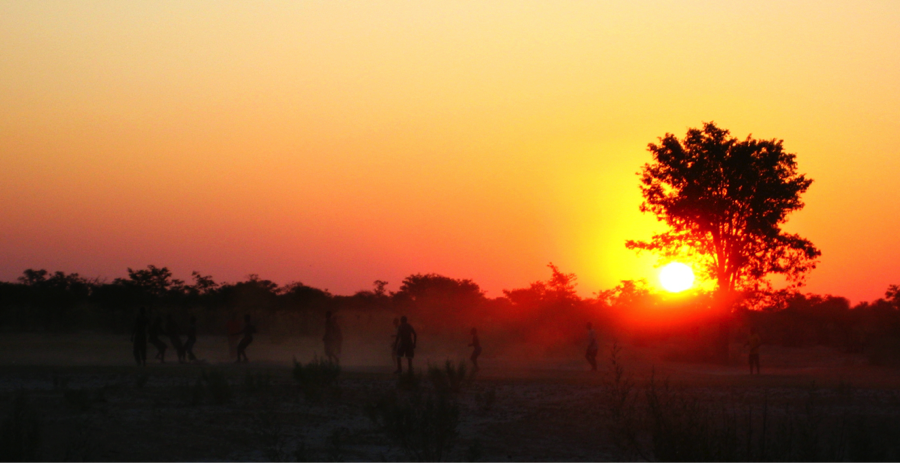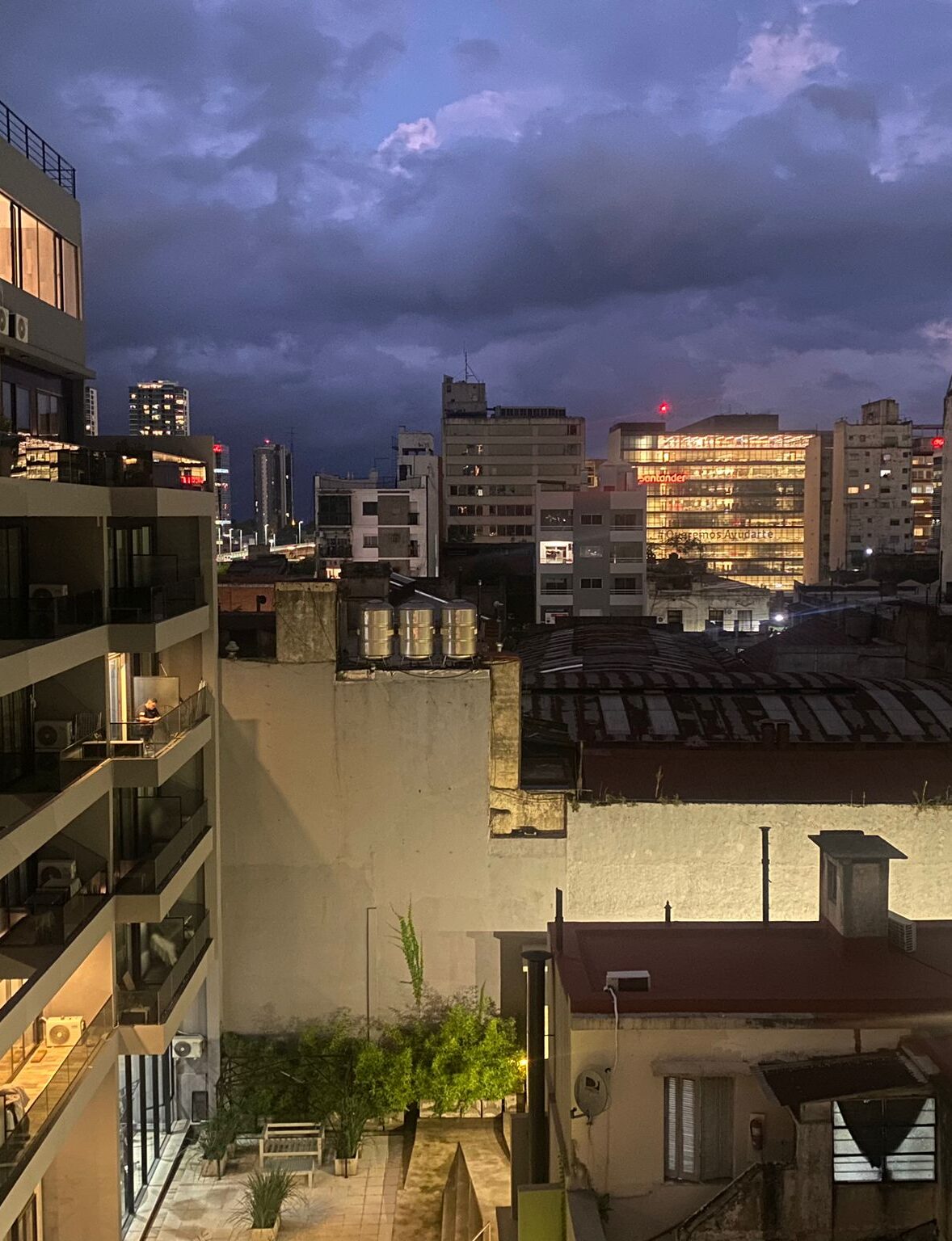By ALAN BARSTOW

With a respectful snap she beckons. She points to capital letter-less prose. Purple ink. I’s dotted with hearts or stars.
“Sir, what does it mean ‘What is your tribal name?’”
“She wants to know if you have an Oshiwambo name.” I nod to the girl beside her, Ndilimeke, whose name in English means I am in hand. A name for children of difficult births, who need a mid-wife’s hand to draw them out of the womb.
Johana is my tribal name, she writes her pen pal, cursive as perfect as the script on a wedding invitation. Pronounced YO-hahn-ah.
She pours over the photographs, mouths the captions. A red-eyed monster on a canopied bed—buddy, my great dane puppy!!! Four girls wrapped in shimmering cloth, bare shoulders, skinny arms and legs—PROM!!! Lying on a padded sofa, open book in hand, hair over one shoulder, pale feet—me. Pictures of the best parts of her. How she wants to be known. Facebook before Facebook. I would’ve sent the same kinds of pictures when I was seventeen. But now, since I’ve been teaching in rural Namibia, they seem strange, foreign.
Johana’s letter begins “Dear my very best friend at America,” ends “Greet your family.” She sends wild figs, millet seeds, cutouts from South African magazines, copper Namibian dollar coins. Twenty of those cover her school fees.
“Sir, who is the king of lions?”
“She means a film, The Lion King.”
Tall, slight, hair cropped close to the scalp, Johana’s like the other girls. She wears a uniform powder blue collared shirt, but not the navy skirt. Instead charcoal slacks, like the boys.
I whisper a question. “Will you write about your son?” The boy is almost two, I think.
She turns to the window, rests a hand on the burglar bars. “Later, if I pass the test.”
She knows only a quarter of last year’s class passed the tenth grade test. They all do. Those moved to town to study eleventh grade at a residential school. School is over for the others. They hoe furrows in the sand, whip millet heads to separate the grain, pound with a five-foot staff kernels into flour, day after day after day.
Last month, long after the final bell, Johana pressed her forehead against the burglar bars so hard the skin turned white, said, “Sir, I do not know what it is to do.” Since she’d missed a year of school for her son, she feared she wouldn’t pass the test. Sometimes she feared she would—if she left, who’d mother her son, who’d care for her sisters? Her mother was gone. Her father’s cough shook the homestead. Some days he couldn’t drive people and their goods to town, the family’s only source of income. Sometimes he asked how a smart girl like her could’ve gone with one of those boys.
Last week, in line at the water tap, Johana shouted. At a boy. Ndilimeke said everyone heard. Everyone saw him turn, snicker.
Yesterday, at the AIDS awareness assembly, Johana volunteered to stand before the school, say, “Me, I know.” In Oshiwambo she called out the steps, checked the expiration date, tore open the wrapper, rolled the condom onto a wooden penis.
And now, she says, “Sir, help me post a dress to my pen pal.”
“A dress?”
“Ohema yo meme.” She unties a worn plastic bag, pulls out a bundle of cloth. Red swaths on a green background. A meme dress, a billowing calf-length frock and head wrap. Women wear these. Mothers.
“Please also your camera, sir. Please a photo of me wearing the dress. I want to show my very best friend.”
Alan Barstow taught English and AIDS awareness in Namibia as a Peace Corps volunteer for two years. His essays and stories about that experience have appeared in The Sun, Witness, Gulf Coast, The Los Angeles Review, and elsewhere.
Photo by author.




